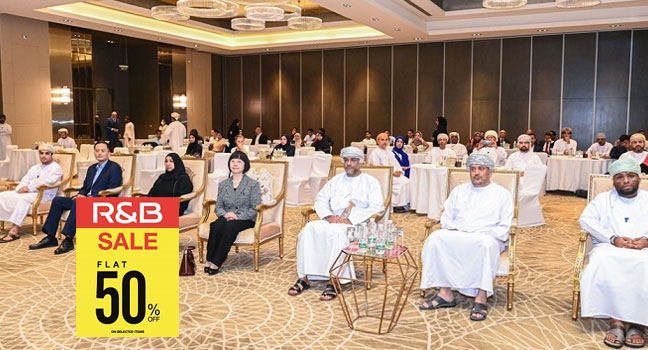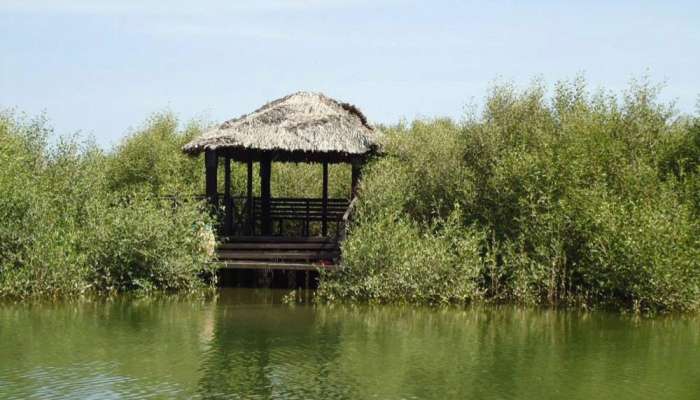

Muscat: Qurum Nature Reserve is the first nature reserve in the Sultanate of Oman and a refuge for many endemic and migratory marine creatures and birds.
Coastal wetland sites constitute wide extensions on the coastal strip of Oman.
Badr bin Saif Al Busaidi, Environmental Systems Specialist at the Environment Authority, said: "The Qurum Nature Reserve is the first site registered under the Ramsar Convention of international importance in the Sultanate of Oman under Royal Decree No. (64/2012) and is located in the capital, Muscat (Qurum), facing the Sea of Oman. It has a total area of 104.5775 hectares."
The reserve has a high hydrological importance, and it is a natural forest in which there is one type of natural mangrove tree (Avicenna Marina), the only species that has the ability to adapt to the climatic situation of the Omani environment.
Mangroves help protect the khors and surrounding areas from floods, cyclones and erosion, purify the atmosphere of greenhouse gases by absorbing carbon dioxide, and are a natural habitat for endemic and migratory birds.
The reserve is distinguished by the diversity of the organisms and seabirds that live in it, as 27 types of crustaceans, 48 types of molluscs and 40 types of fish have been recorded.
The reserve is frequented by migratory birds from Africa and Russia, in addition to endemic birds as it is located on one of the main lines of bird migration. The number of bird species that frequent the reserve has reached 194 species.
Eco-tourism in the Qurum Nature Reserve allows visitors to witness and learn about the unique and pure state of the biodiversity and ecological processes of the mangrove tree system, in addition to hiking and boating trips.
Badr bin Saif Al Busaidi indicated that, as of October 13, 2022, the number of mangrove trees planted in 32 sites in the coastal governorates had reached 765,000 trees, since the start of the project to rehabilitate and preserve mangrove forest environments in 2001. These sites are distributed in the governorates of Muscat. Musandam, North and South Al Batinah, South Al Sharqiyah, Al Wusta and Dhofar.
Al Busaidi stressed that work is continuing to preserve and protect coastal wetland sites in accordance with international standards and measures. All segments of society must contribute to preserving them in order to benefit from them in wise and sustainable ways.